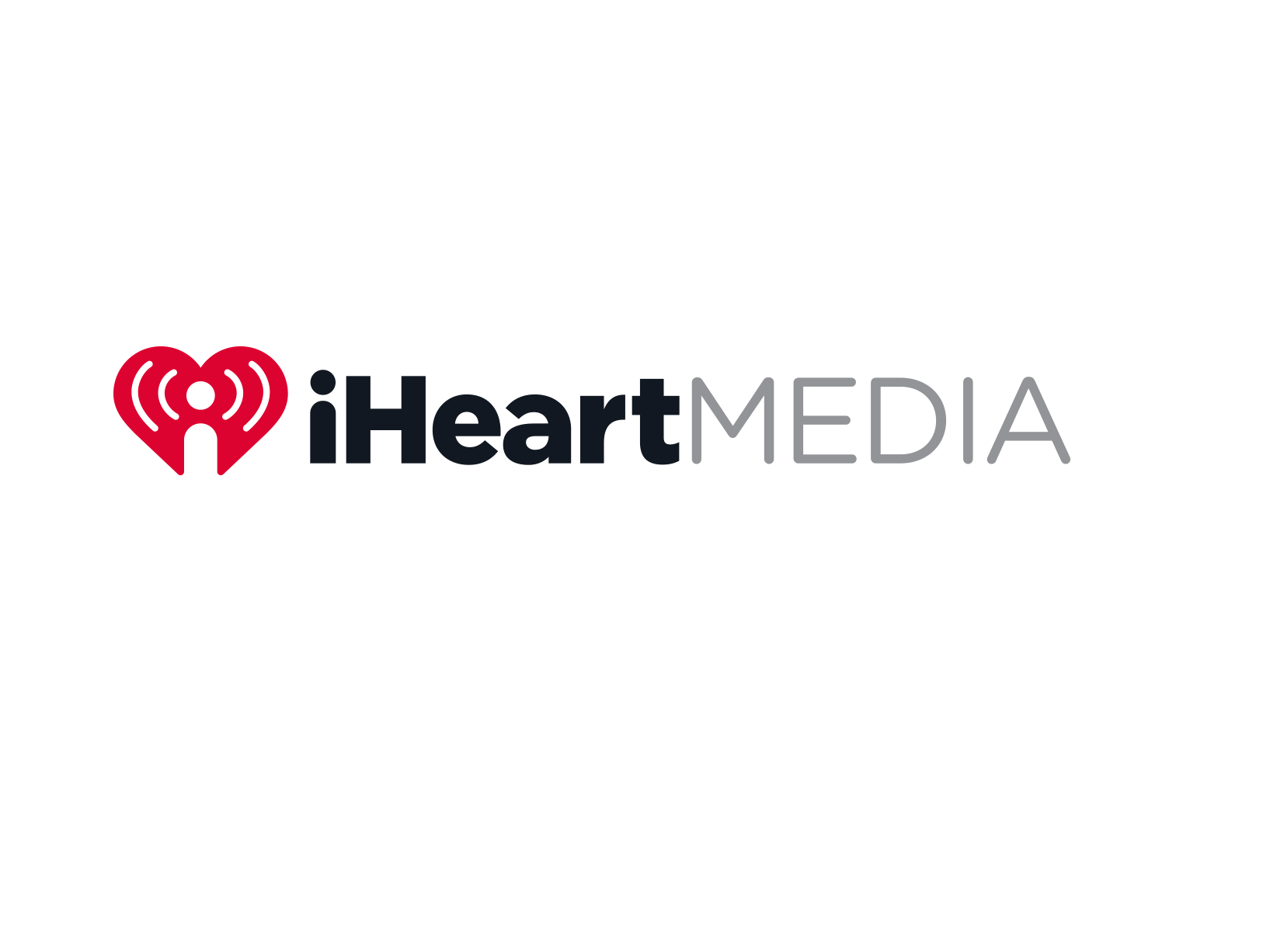Features
iHeartMedia Files For Bankruptcy

–
Radio giant iHeartMedia announced Wednesday evening it has filed for Chapter 11 bankruptcy, fulfilling months of expectations the company would seek court protection after failing to convince note holders to restructure the terms of the loans.
The San Antonio-based company has reached a deal in principle with lenders of $10 billion of its $20 billion of debt.
After suffocating under debt and unable to convince lenders to alter the terms, iHeartMedia skipped an interest payment Feb. 1, failed to make the payment after a 30-day grace period, and accelerated what appeared to be an inevitable outcome. Chapter 11 bankruptcy will provide an organized process for continued operations while lenders work out who gets repaid and how much equity the different classes of lenders will receive. Note holders will take ownership of Clear Channel Outdoor Holdings, iHeart’s financially stable outdoor advertising subsidiary. Thursday’s SEC filing stated iHeartMedia expects to start on a finalized restructuring plan “in short order” and will continue normal operations with money on hand.
Chairman and chief executive Bob Pittman said in a statement that the agreement is “a significant accomplishment” that allows the company to “definitively address the more than $20 billion in debt that has burdened our capital structure.” Preliminary 2017 results released Thursday reveal the magnitude of iHeartMedia’s struggle. The company had about $735 million of operating profit on revenue of $3.58 billion – a reasonable margin that would otherwise result in a profitable year. But with over $20 billion of debt and interest payments totaling roughly $1.4 billion, iHeartMedia fell far into negative territory.
Like other media businesses, radio companies operate under an imperative that consolidation is the best weapon against a changing landscape. The rise of digital media and changes in how brands advertise all but guarantee a media company will buy or merge. A larger footprint provides more a media company with more advertising opportunities. Merging or consuming a company provides cost-cutting measures—the elimination of redundant positions—that justify the move.
The United States’ broadcast radio business may be worth $17 billion, but its main players have either experienced financial difficulties or transformed themselves into larger, stronger competitors. Cumulus Media became the country’s third largest radio company after acquiring Citadel Broadcasting in 2011. But Cumulus also ran into trouble with its debt. After its acquisitions failed to provide hoped results, Cumulus entered Chapter 11 bankruptcy proceedings in 2017. While its debt load was reduced by $1 billion, note holders received 100 percent of Cumulus’ equity. Entercom Communications’ merger with CBS Radio, approved in November 2017, created the country’s second-largest radio network. Entercom has modest debt and expects to the post-merger company to save $100 million in costs over 18 months.